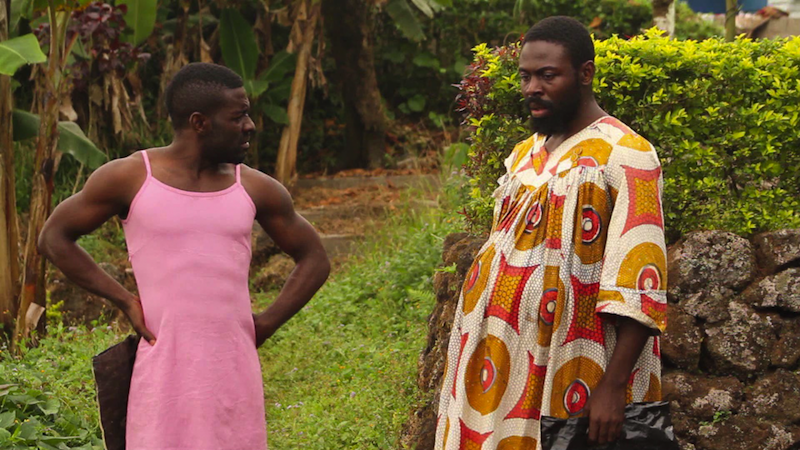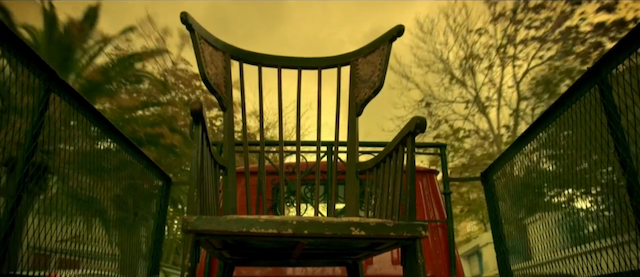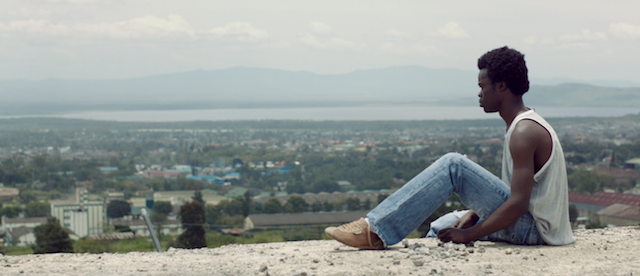From established filmmakers to emerging talents, this year’s African Film Festival at the Pacific Film Archive covers a wide range of narrative, documentary, and short films grappling with both the everyday human condition and certain epoch-defining events. Included are the 2011 Egyptian revolution and the 2007 Kenyan presidential election–and notably, this year’s festival also largely features the work of female directors working throughout the continent.
Two screenings in the series showcase the work of pioneering filmmaker Sarah Maldoror, who was born in France of Guadeloupean parents and has worked regularly across Africa. A 16mm print of Maldoror’s very hard-to-find Sambizanga (1972), on loan from New York Public Library for the Performing Arts, screens at the fest. Sambizanga focuses on the events leading up to the 13-year-long Angolan War of Independence from Portugal. The film’s lead character, Maria, sets out to find her husband, a member of the resistance, who has been imprisoned by the colonial government. Maldoror’s own husband, Mário Pinto de Andrade, was an Angolan resistance leader and co-wrote the film. (Sambizanga, considered one of the first African feature films directed by a woman, is often compared to the classic The Battle of Algiers (1966), for which Maldoror served as a production assistant.)
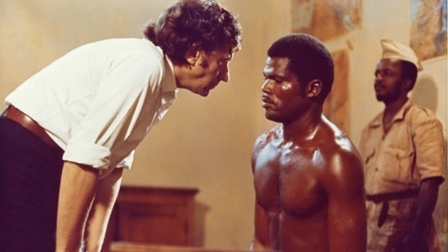
In addition to screening two short films by Maldoror, the festival also features Forward to Guns for Banta (2011), a documentary about Maldoror’s unfinished film Guns for Banta. As it occurred, the Algerian government commissioned Maldoror to document the liberation movements in Cape Verde and Guinea, in what would have been her first feature. But the film was confiscated by the Algerian government following disagreements about editing with Maldoror, and the footage has never been seen since. Forward to Guns for Banta, directed by Mathieu Kleyebe Abonnenc, tells the story of the film’s demise, through interviews with Maldoror and de Andrade.
A program of three short films from emerging female filmmakers is a highlight of the festival. Eka Christa Assam’s Beleh (2013) serves as a twist on the typical trading-places storyline (see: Freaky Friday). In the film, Joffi is a hardworking pregnant wife in a small Cameroonian village with a demanding and unsympathetic husband, Ekema. Ekema awakes one day to realize not only that he, now pregnant, has switched places with Joffi, but that all the men and women in the village have changed places. As the only one who seems to notice this change, Ekema struggles to adapt to even the simplest of tasks his wife now expects of him.
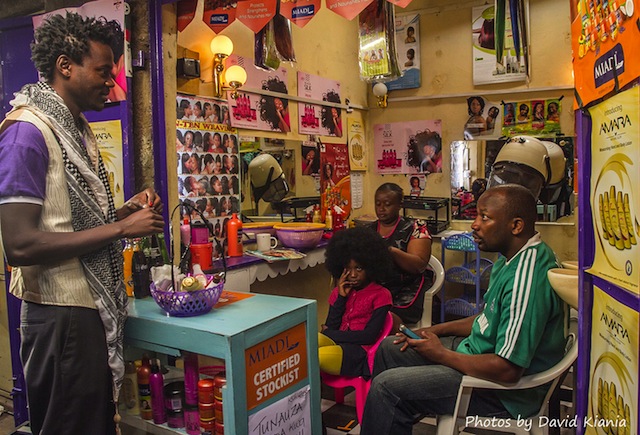
Husband and father Ed, in Ekwa Msangi’s Soko Sonko (2014), is far more well-intentioned, but also ignorant of the time and effort required to complete a single task: taking his daughter to the market to get her hair styled before school is back in session. Slightly arrogant, Ed remains adamant that he can accomplish the errand in time to catch an impending soccer match. His naiveté about the hair market leads to a Benny Hill–like chase through the market—and ultimately, a chance to bond with his daughter.
